Israel's capital Tel Aviv hosted the "CyberTech Global 2020" exhibition and conference on January 28-30, 2020. As part of the event, which brought together more than 20,000 people from all parts of the world, I could become familiar with Israel and its contribution to innovation and security.
Harmony of innovation and nature
The first time we saw the city from Tel Aviv's Ben Gurion Airport. It took us 25 minutes to get there. Advertising boards along the road resembled Baku. We saw the announcements of the sports contest that finished a day ago and the upcoming conference at the poles.
What makes Tel Aviv different from Baku are the trees that line up the two reserve roads, separating them from each other. The same picture can be observed in Jerusalem and Be'er Sheva. Journalists from other countries also acknowledged that Jews managed to change the desert into Paradise.
Our driver told us about the achievements and said that greenery was a result of an innovative approach. It was the first time that I witnessed how an improvement in ICT could bring such freedom to citizens. Almost all drivers in the country use the Waze application. They proudly said that this app is one of Israel's successful startups.
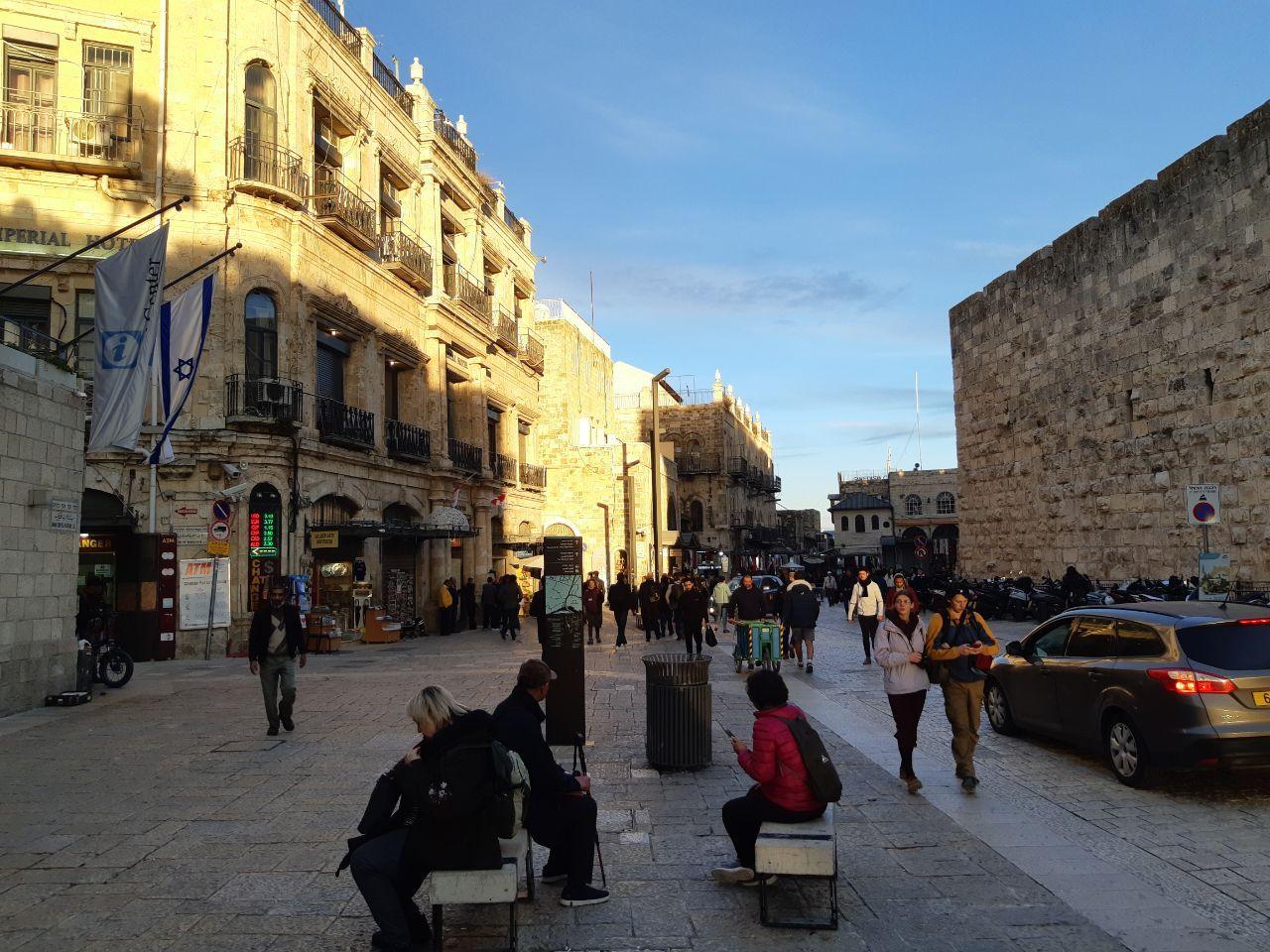
There is a separate city where startups are based. Imagine embassies on one side of the street and new businesses seeking investors on the other!
Logos of Wework and Monday.com, some of the most successful startups of the city, appear in different parts of the city.
Many business circles invited us when we were in Tel-Aviv, showing a particular attitude to Azerbaijan. Even when I entered the office of Checkmarx, whose annual income exceeds $100 million, the manager said he was informed that they would have a guest from Azerbaijan and wondered who that guest was.
'Silicon Walley' of the Middle East
One of the cities we visited during our trip to Israel was Be’er Sheva, the fourth largest city located in the country's south. We can call it the 'Silicon Walley' of Israel. The new infrastructure of the town is designed to attract innovative companies. If everything proceeds, as they say, Israel might turn into the world's biggest power in five or six years.
We also visited the Cyber Emergency Response Team (CERT) in Be’er Sheva. The team collects data about cyberattacks and their coverage. The first hotline for cyberattacks - 119 - was established here. Nearly $4 billion has been invested in CERT so far.
Just like Azerbaijan, Israel also considered special tax concessions for startups, imposing only five percent on new companies.
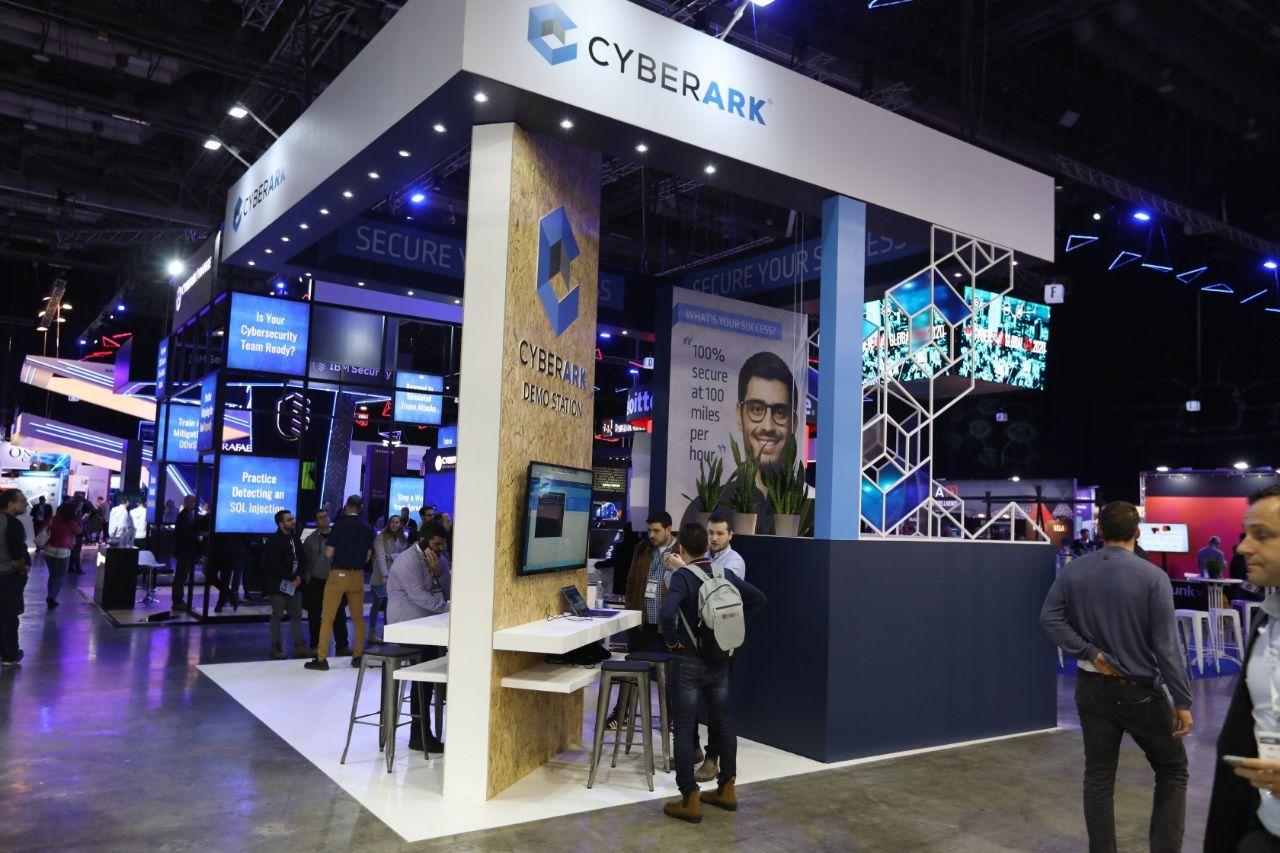
According to the information, there are 8,400 active companies in the country. An average of 1,000 startups is created here every year. The world's 13 biggest companies are based in Israel.
According to the Bloomberg Innovation Index, the country ranked 6th among innovative countries.
The sector of innovation accounts for 9% of employed people, 13% of GDP, and 46% of exports. Israelis admit that they prefer to develop technology for security and agriculture. Replying to a question from an African journalist if Israel boasts any achievement in the oil and gas sector, the Foreign Ministry official said: "We are interested in the development of technology in the field of clean energy."
Moreover, there are hundreds of clusters on financial technologies (FinTech), Artificial Intelligence (AI), digital health, Internet of Tools (IoT), and automobile sector. Investments in the automobile sector during 2008-2018 amounted to $4.64 billion.
Jerusalem – a city where religions come together
We spent a day in Jerusalem. It was amazing to visit this city and its historical and religious places. However, we were not pleased with what we saw. Unfortunately, Armenian propaganda works everywhere, including Israel. The longest street in the old part of the city is called Ararat. In most of the antique stores, we saw notifications about the so-called Armenian genocide.
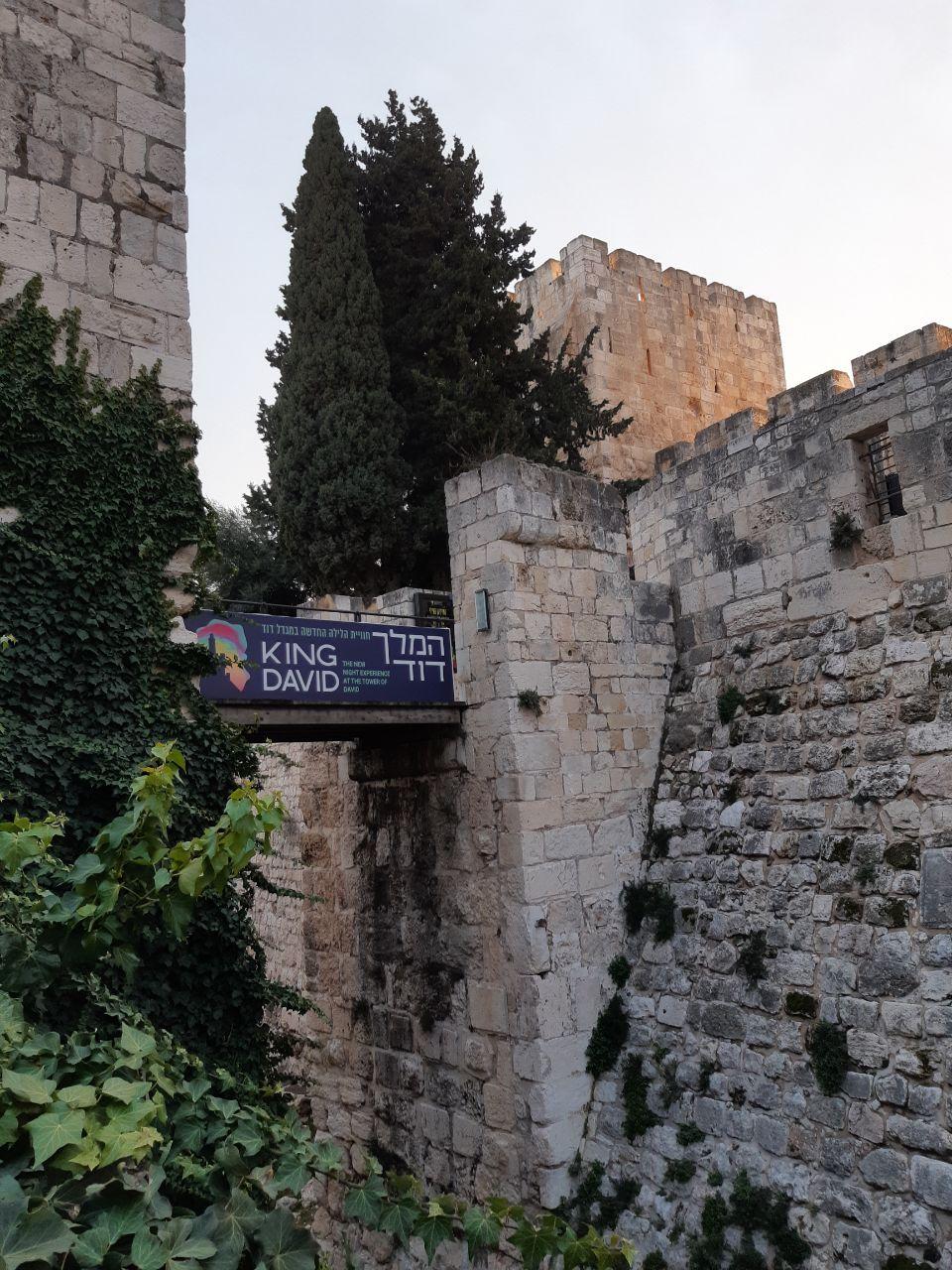
As for positive moments, there are two districts in the city. Jews go shopping in one of them and Muslims in another. Despite being close and parallel to each other, they are different.
The major part of the city is called the 'Sacred Wall' by some people and 'Western Wall' by others. Right in the center of the area surrounded by walls stands the Al-Aqsa mosque, which shows the importance attached to Islam. We were told that tourists could not enter the mosque on that day. However, when they noticed that some of us were Muslims, they said it did not concern us. In a word, we witnessed equal conditions created for all religions here.
Jerusalem is indeed a place where religions come together!
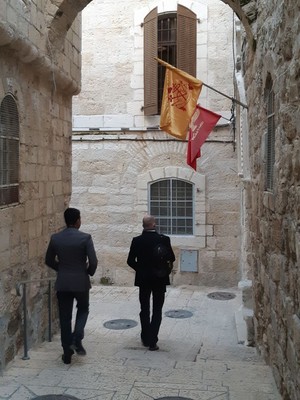

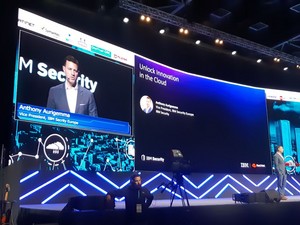
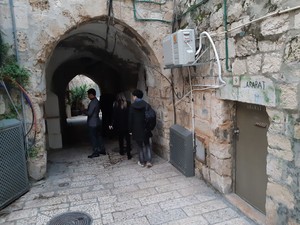
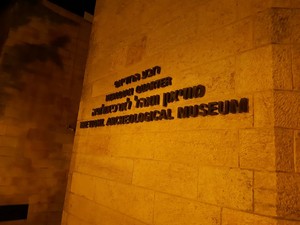
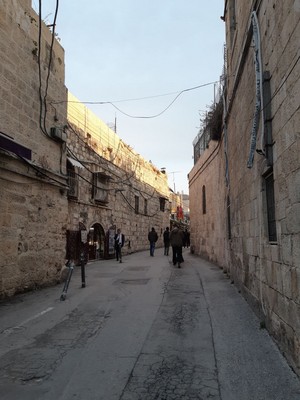
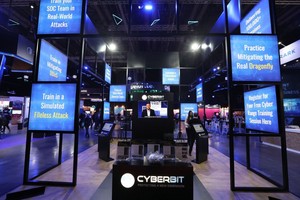

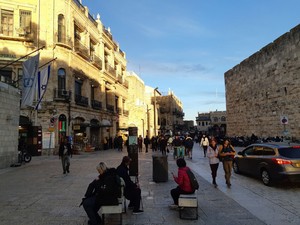
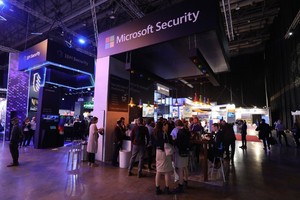
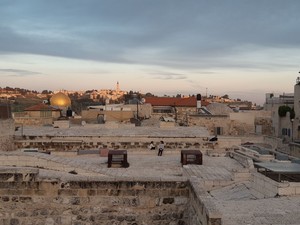
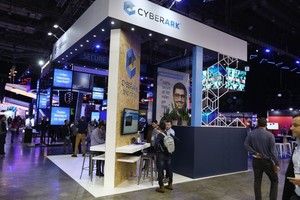
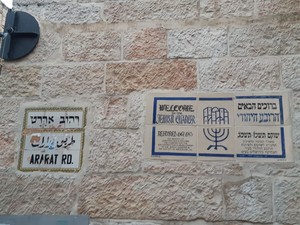
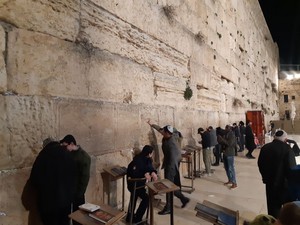
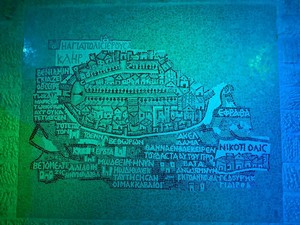
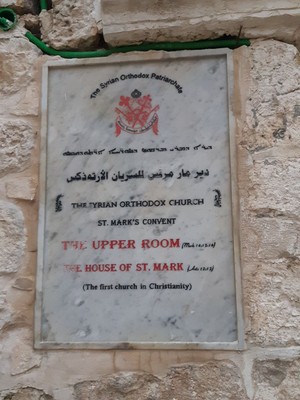
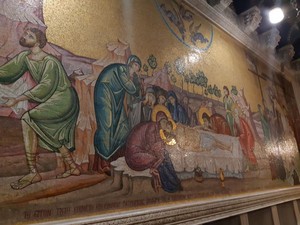
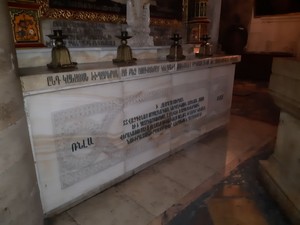
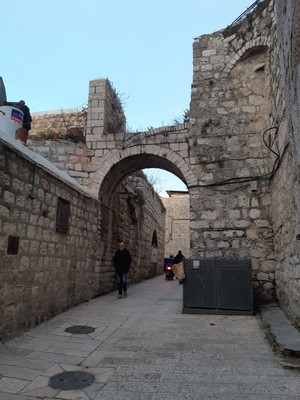
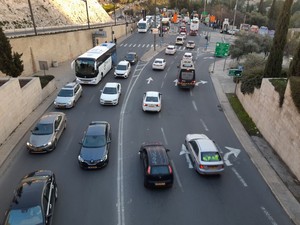
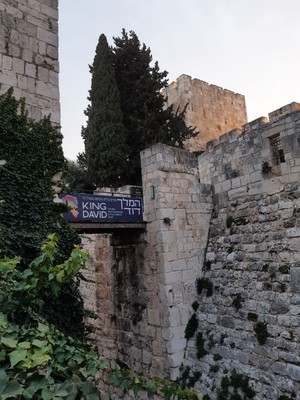
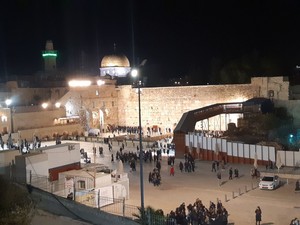
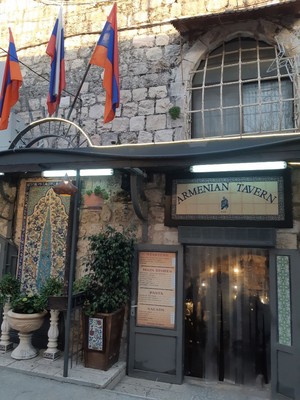
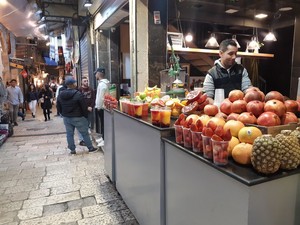
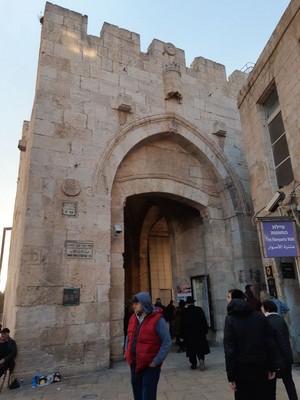
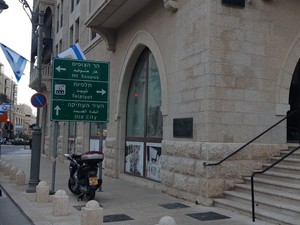
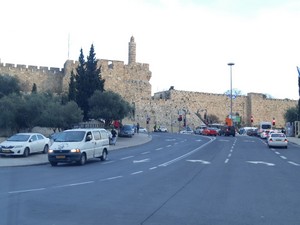
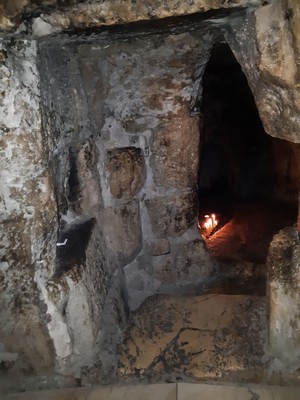
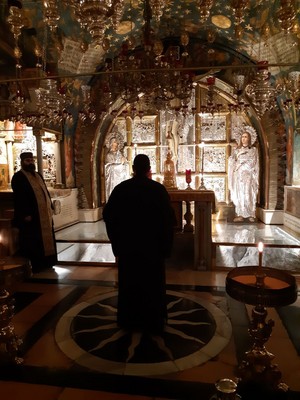
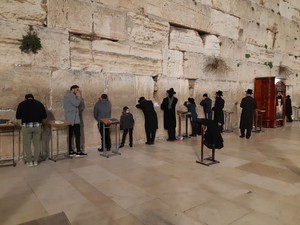
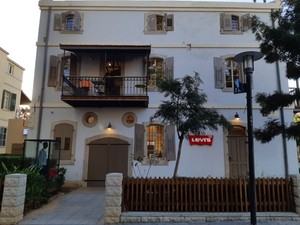
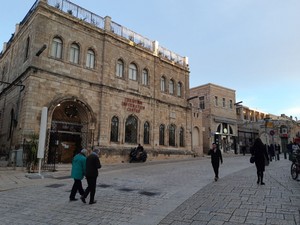
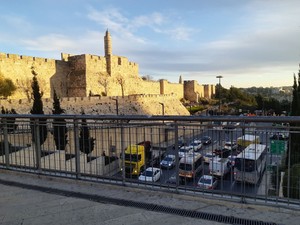
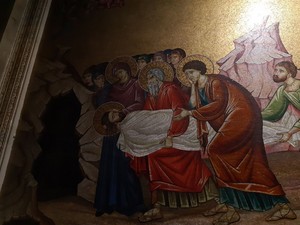
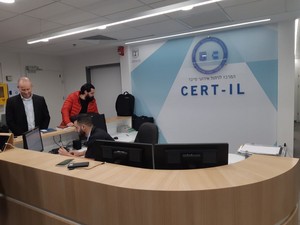
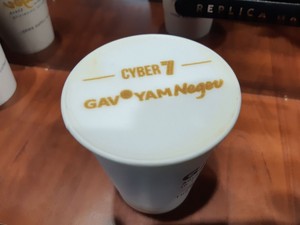
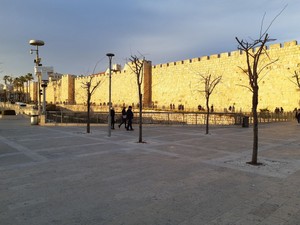
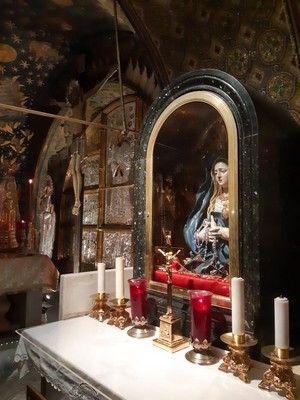
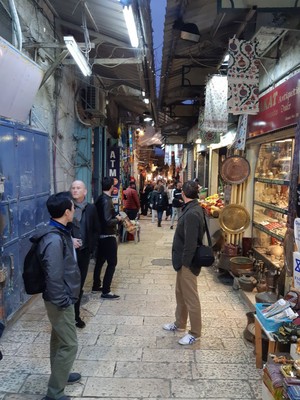
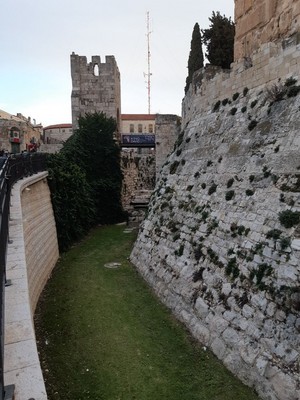
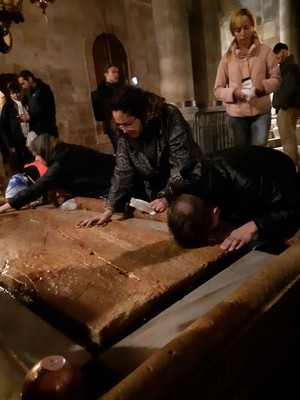
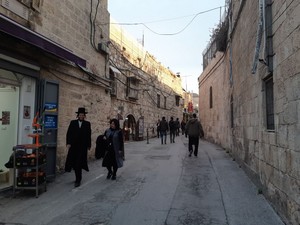


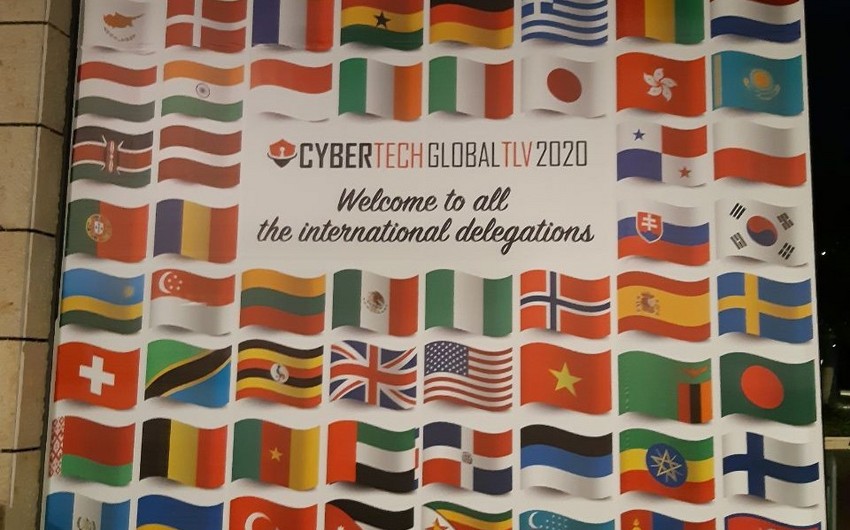 https://static.report.az/photo/e9ff1ec9-9e01-420f-82a0-55c361ea7397.jpg
https://static.report.az/photo/e9ff1ec9-9e01-420f-82a0-55c361ea7397.jpg

